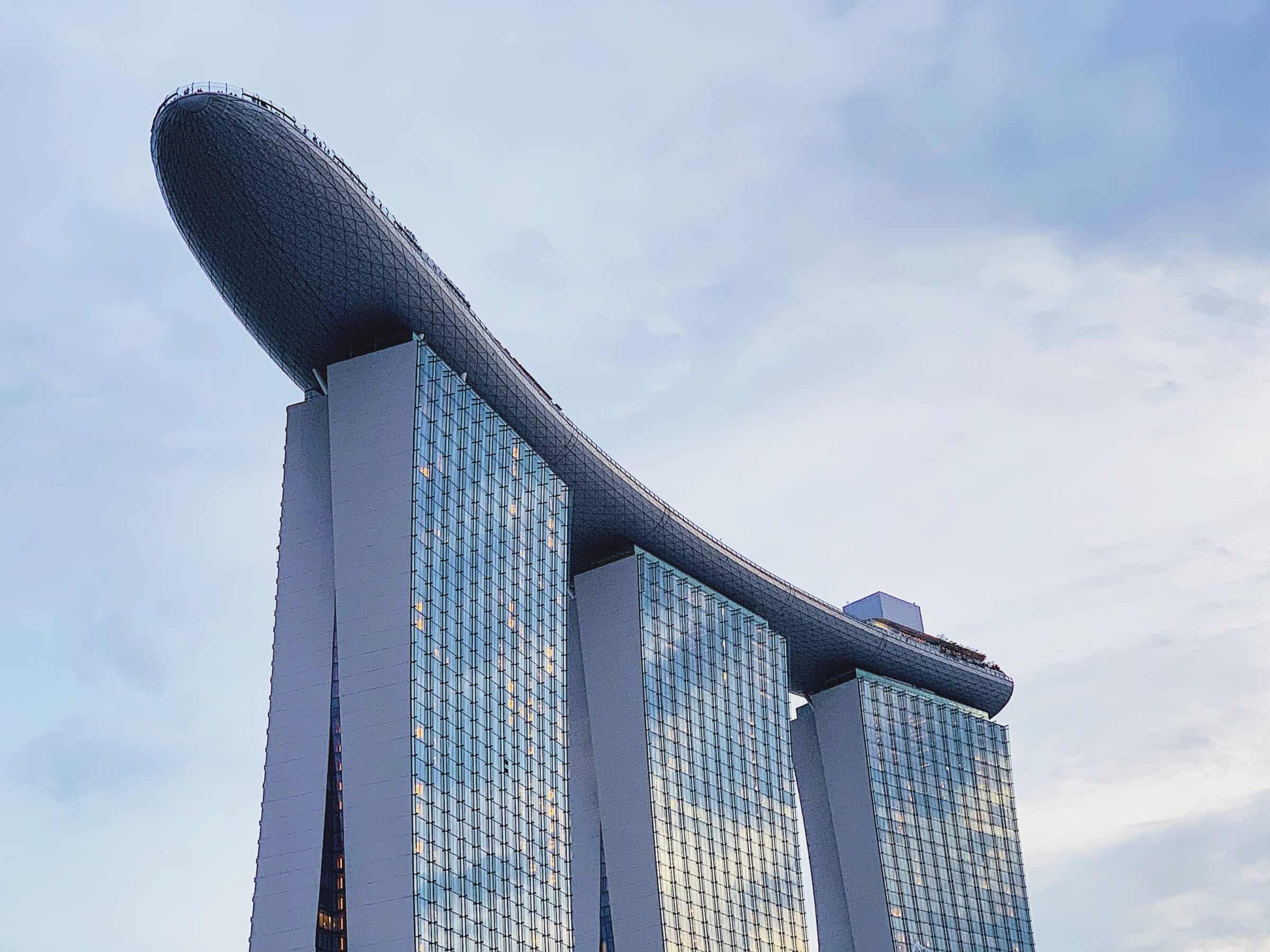Minimum Working Conditions
The Employment Act sets out certain minimum prescribed benefits and working conditions. This includes matters such as annual and sick leave entitlements and payment of salary. Furthermore, Part IV of the Employment Act, which provides additional protections in respect of rest days, hours of work and other conditions of service, only applies to: i) a workman (doing manual labour) earning a basic monthly salary of not more than S$4,500; and ii) a non-workman employee earning a basic monthly salary of not more than S$2,600. Managers and executives are generally not covered under Part IV of the Employment Act.
Salary
Minimum salary levels are not prescribed by legislation and there is therefore generally no minimum wage in Singapore, except for a progressive wage model which applies to certain employees in certain sectors.
In accordance with the Employment Act, employers must pay an employee’s salary at least once a month and within 7 days after the end of the salary period. Final salary payments must be paid as follows, depending on the situation:
- employee resigns and serves the required notice period – on the last day of employment.
- employee resigns without notice and does not serve the notice period – within 7 days of the last day of employment.
- dismissal on grounds of misconduct – on the last day of employment. if not possible, within 3 working days from date of dismissal.
- employer terminates the contract – on the last day of employment. if not possible, within 3 working days from date of dismissal.
All employers must:
- issue itemised pay slips to employees covered by the Employment Act; and
- keep detailed employment records, including salary records, of employees covered by the Employment Act.
Maximum Working Week
Where an employee is covered under Part IV of the Employment Act, such employee shall generally not be required to work for more than 6 consecutive hours without a period of leisure; more than 8 hours in one day or more than 44 hours in one week, unless exemptions apply.
Overtime
Where an employee is covered under Part IV of the Employment Act, such employee shall generally not be permitted to work overtime for more than 72 hours a month.
Employer’s Obligation to Provide a Healthy and Safe Workplace
Pursuant to the Workplace Safety and Health Act of Singapore, stakeholders are required to ensure the safety and health of employees in the workplace, so far as reasonably practicable. Stakeholders would include employers, principals, occupiers, manufacturers or suppliers (including hazardous substances and machinery and equipment), installers or erectors, employees and the self-employed. “Workplace” means any premises where a person is at work or is to work, for the time being works, or customarily works, and includes a factory.
Complaint Procedures
Employee complaint procedures are not statutorily prescribed in Singapore. Termination of an employee as a punishment or retaliation for the employee exercising his or her employment rights is wrongful and in such cases, employees would be able to make a claim against the employer for wrongful dismissal.





